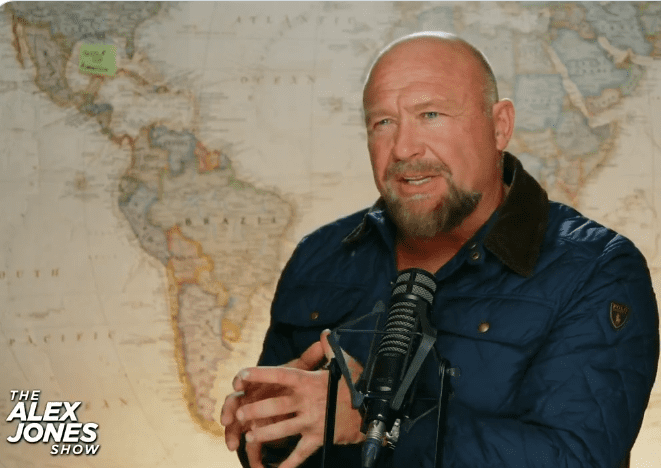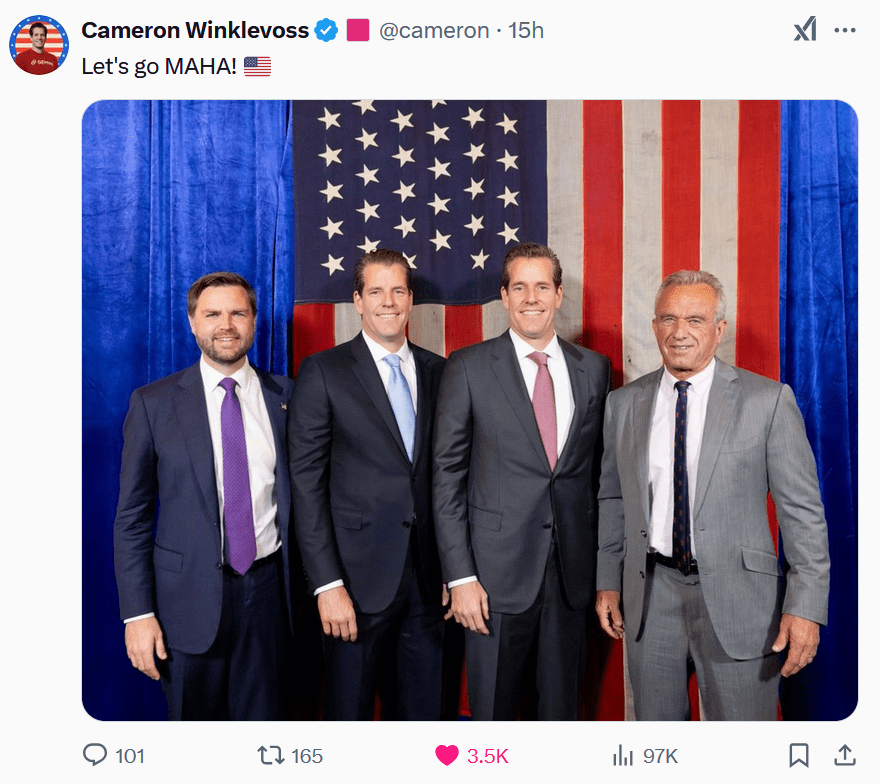Every year, the charming port city of Trieste, Italy, hosts one of the most prestigious events dedicated to high-quality extra virgin olive oil – the Olio Capitale exhibition. Taking place from March 7 to 9, 2025, this renowned fair attracts olive oil producers, industry professionals, and enthusiasts from all over the world.
A Celebration of Quality and Tradition
Olio Capitale is more than just a trade fair; it is a celebration of excellence in olive oil production. The event brings together producers from Italy, Spain, Greece, Croatia, and other Mediterranean countries, showcasing their finest extra virgin olive oils. Visitors can taste, compare, and learn about different varieties while engaging directly with expert growers and producers.
The fair features guided tastings, professional workshops, and expert-led discussions on topics such as olive oil quality, food pairing, and the latest innovations in sustainable production. A key highlight of the event is the Olio Capitale competition, where an international panel of judges selects the best extra virgin olive oils based on quality, aroma, and flavor.
Why Visit Olio Capitale?
For those passionate about authentic, high-quality food, Olio Capitale offers an unparalleled opportunity to:
✔ Discover award-winning olive oils from top producers.
✔ Learn from industry professionals about the characteristics of premium olive oil.
✔ Experience live cooking demonstrations and food pairings.
✔ Network with importers, chefs, and retailers looking for the finest olive oils.
Trieste: The Perfect Setting for an Olive Oil Showcase
Located at the crossroads of Italian, Austrian, and Slavic cultures, Trieste offers a unique backdrop for this event. With its historic cafés, scenic coastal views, and rich culinary heritage, the city enhances the experience for all visitors, making Olio Capitale not just a trade fair but a gastronomic and cultural journey.
For more details on the event, visit the official website: https://www.oliocapitale.com.














